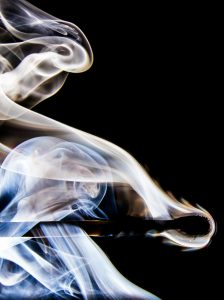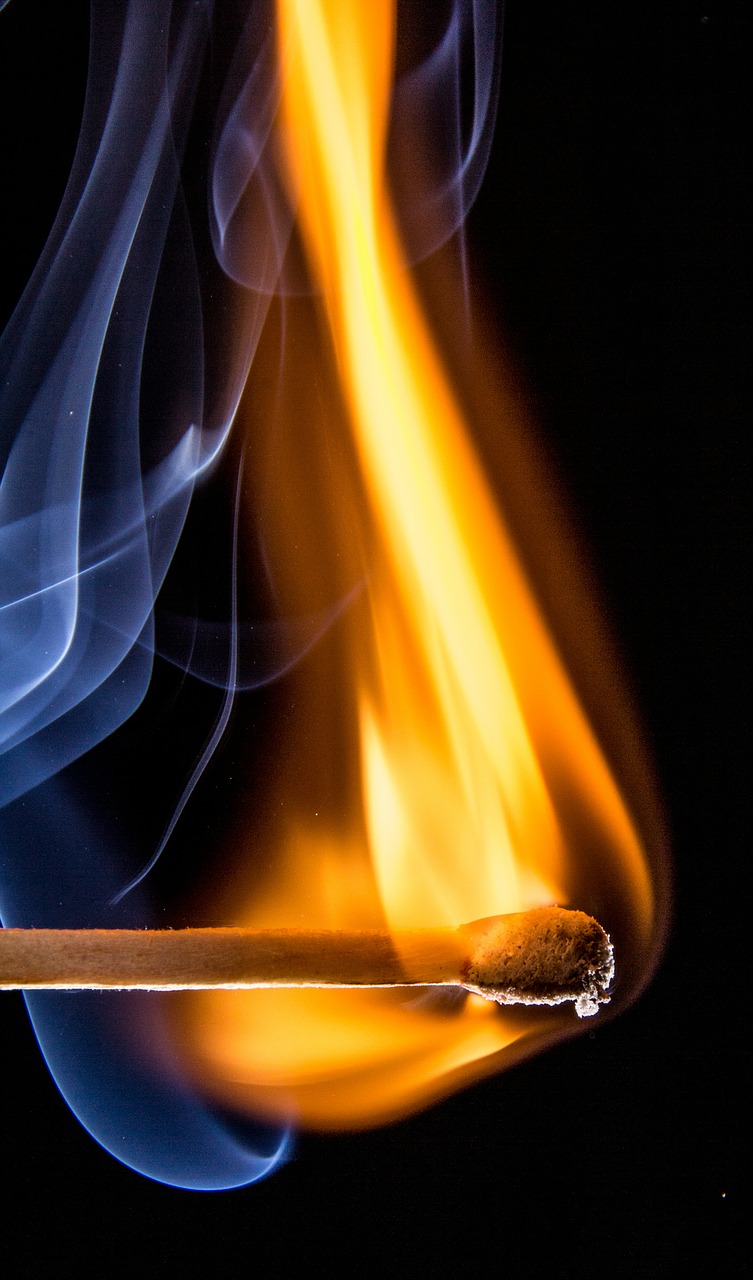While watching the Olympics this year, especially the very public flameout in Rio by Ryan Lochte, I thought back to my husband’s journey as an All American swimmer and his much less public flameout after his swimming career ended. His is not my story to tell, but his experience did get me thinking about the difference between flaming out and burning out in a career. They can be two totally different kinds of experiences, but I think one can lead to the other. This musing is an exploration of how I think flaming out and burning out are related and some ideas for battling one to keep from being an example of the other.

Flameout: There are endless examples of public flameouts. To name a few: Drew Barrymore. Miley Cyrus. Michael Phelps. Anthony Weiner. Bill Clinton. Here are some things that flameouts have in common:
- Highly motivated individual reaches career goals at a younger than average age
- Obsessive focus on achievement
- Public spotlight shines brightly
- Golden image is impossible to live up to
- Clay feet exposed – often involving drugs or alcohol
- Public spotlight becomes unwelcome and unflattering
- (Optional) Phoenix rises from the ashes
One thing that all of my examples (but one) have in common is their flameouts, while not forgotten, did not end their chosen careers. Each of them got back on course and in some cases became better than before. The public didn’t forget their flameouts, but each got past them and continued to define themselves in new and often impressive ways.
Burnout: While we have extraordinary access as outsiders to public flameouts, career burnouts are more common for us ordinary folk to witness or experience. Here are some things that career burnouts have in common:
- Highly motivated individual reaches career goals by working really hard and putting in lots of hours
- Family and self-care sometimes comes second to reaching these goals
- Work takes over
- “Fun” becomes a word in other people’s vocabulary
- Resentment builds around work and people who don’t appear to work as hard
- Passion for the work fades
- Opting out seems to be the only way out
 I hurt my shoulder last fall. This might seem like an unrelated topic, but stay with me. After trying to live with the pain for many weeks I went to a specialist. He started moving my shoulder around, going through the paces, asking me about my activities, when he asked me a question that stopped me cold: “What do you do for fun?” I couldn’t think of anything to say but “work.” What kind of question was that? I stammered something about cooking. He cocked his head. “Like do you ski or play tennis?” Oh. The kind of fun that might hurt my shoulder. No. I’m not someone who has an overuse injury from sport at this point in my life.
I hurt my shoulder last fall. This might seem like an unrelated topic, but stay with me. After trying to live with the pain for many weeks I went to a specialist. He started moving my shoulder around, going through the paces, asking me about my activities, when he asked me a question that stopped me cold: “What do you do for fun?” I couldn’t think of anything to say but “work.” What kind of question was that? I stammered something about cooking. He cocked his head. “Like do you ski or play tennis?” Oh. The kind of fun that might hurt my shoulder. No. I’m not someone who has an overuse injury from sport at this point in my life.
After I got my marching orders for physical therapy, his question haunted me. “What do you do for fun?” With some thought, I could answer it reasonably well, especially since I had just returned from a first-ever weekend away with girlfriends that was truly fun – but it bothered me that the word “fun” was no longer a regular part of my vocabulary. In the months that followed, I noticed that I was experiencing the classic signs of burnout. It’s one of the reasons I started on my journey of writing again. I’ve also seen patterns of behavior in people I hire, mentor and coach that inevitably lead to burnout. Burnout is not relegated to the long-in-tooth or long-tenured. I’ve seen two people relatively new to their careers burn themselves out, again, just in the last few months. I saw it coming in them, even knew it would happen. It’s so easy to recognize in someone else’s behavior and so hard to see coming in my own.
 Spark Something New: Here are 18 ideas that I am exploring for myself to battle burnout:
Spark Something New: Here are 18 ideas that I am exploring for myself to battle burnout:
- Quit my job
- Don’t quit my job
- Change habits that contribute to burnout
- Meditate
- Go on vacation
- Change vocation
- Stop caring so much
- Find something else to care about
- Move
- Create something new
- Schedule Fun with friends or family
- Don’t schedule work into weekends
- Read a novel for a change
- Go back to school
- Earn a certification
- Take a sabbatical
- Leave early on a weekday without a plan
- Connect with people who’ve made interesting career choices or changes
- Stop obsessing about work
A close friend once said something so obvious and yet so profound: When you’re obsessing about something, think about something else instead. One reason I think her advice is so valid is that she is living proof that there is another way to live than be tied too tightly to work: she stopped trying to climb a Jacob’s ladder and found a position well-suited to her temperament and interests in her profession all while exploring a new interest in car racing, buying a ranch, buying alpacas to raise on this ranch, learning to spin alpaca fiber, learning to felt and sew with alpaca fiber to make items to sell in her hair salon she bought for fun. And somehow she finds time to keep going to cool new places on vacation. She never talks about burnout from her job. This last observation is particularly important to me since, like me, her “real” job is how she supports herself and her interests.
My next task is to take the advice of a seasoned professional and map out different paths with pro and con statements for each of the major items on the list I created above. I started something new with Fearless Capacity, which has been a new kind of intellectual challenge. I recently took a vacation that included fun with a friend. Next up will be exploring a certification program and connecting with some people who took twists with their career paths that are compelling to me.
The full circle of my theory is that burnout can lead to a flameout. I think that proactively addressing classic signs of burnout by taking specific self-care and self-reflective steps will forestall a potentially career-damaging flameout. It’s too late for Ryan Lochte, but not too late for me.
Recommended Reading:
Many Top Athletes Battle Burnout. Here’s How Two at the top of their games did it./Mike Plunkett. Washington Post. August 17th, 2016.
This article tells about Anthony Ervin, a US Olympic swimmer and Jax Mariash Koudele, an endurance runner and the steps they took to continue on their careers after burning out.
Better than Before: Mastering the Habits of our Everyday Lives/Gretchen Rubin (2015)
Because I think that people who burnout on the job often have reoccurring habits that lead to a pattern of burnout, I’m recommending this book for this topic. Rubin’s style of matching self-exploration with solid research makes her observations accessible and easy to relate to.

October 22, 2016 at 6:55 pm
Thanks Donna for sharing out the difference between flameout and burnout as I had not heard about flameout before. Multi-tasking is so integral to modern day lives and self-worth in this multi-tasking environment is sadly measured by the level of success in multi-tasking work and family responsibilities to the detriment of nurturing self. The more successful career women speak out and speak up for nurturing self, the more acceptable it will become to have self-indulgent and self-nurturing moments on a daily basis and not wait for scheduled vacations. Thanks for speaking out and thanks for sharing the example of a friend who has integrated doing things to nurture her self while having a successful career too.